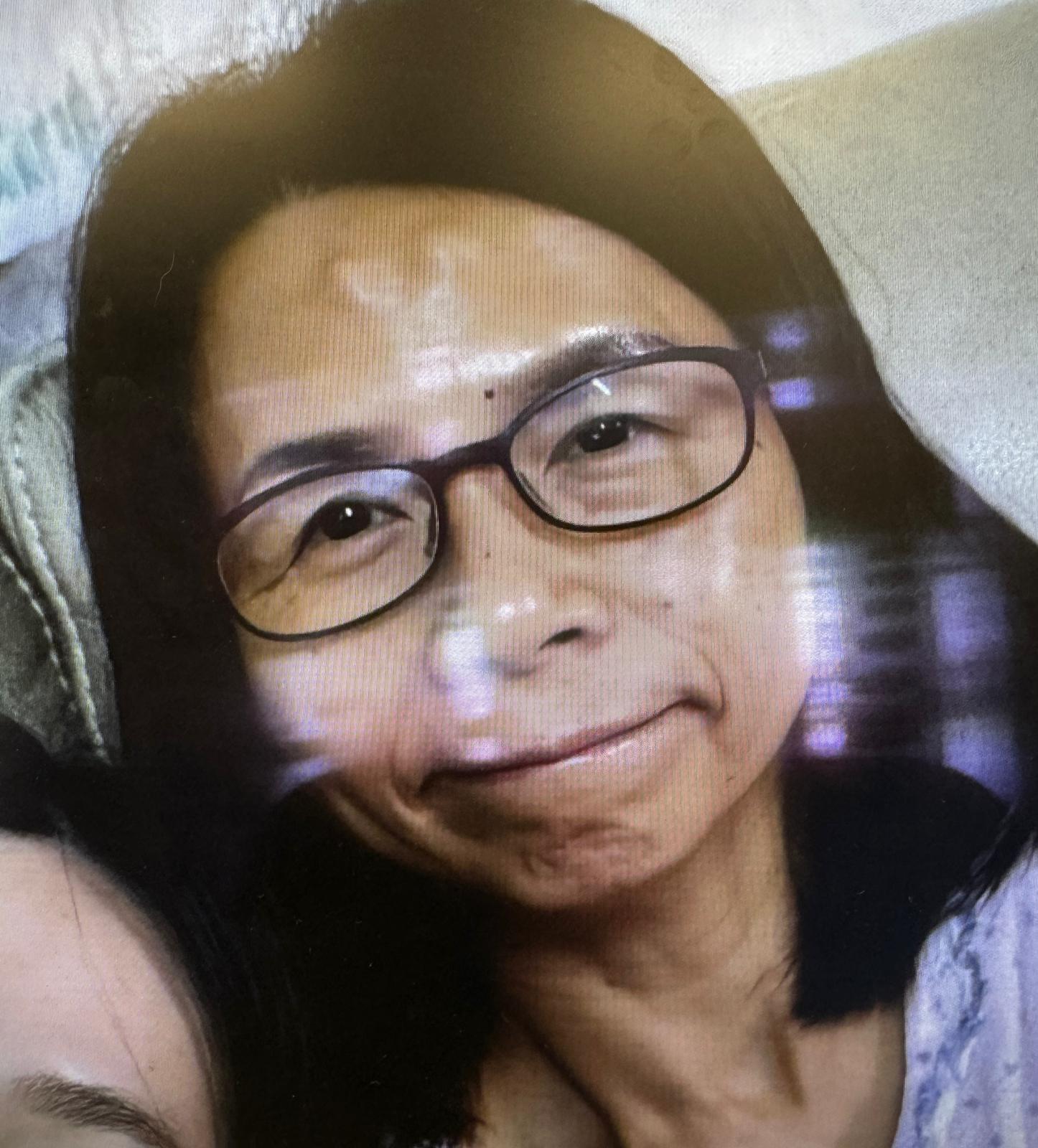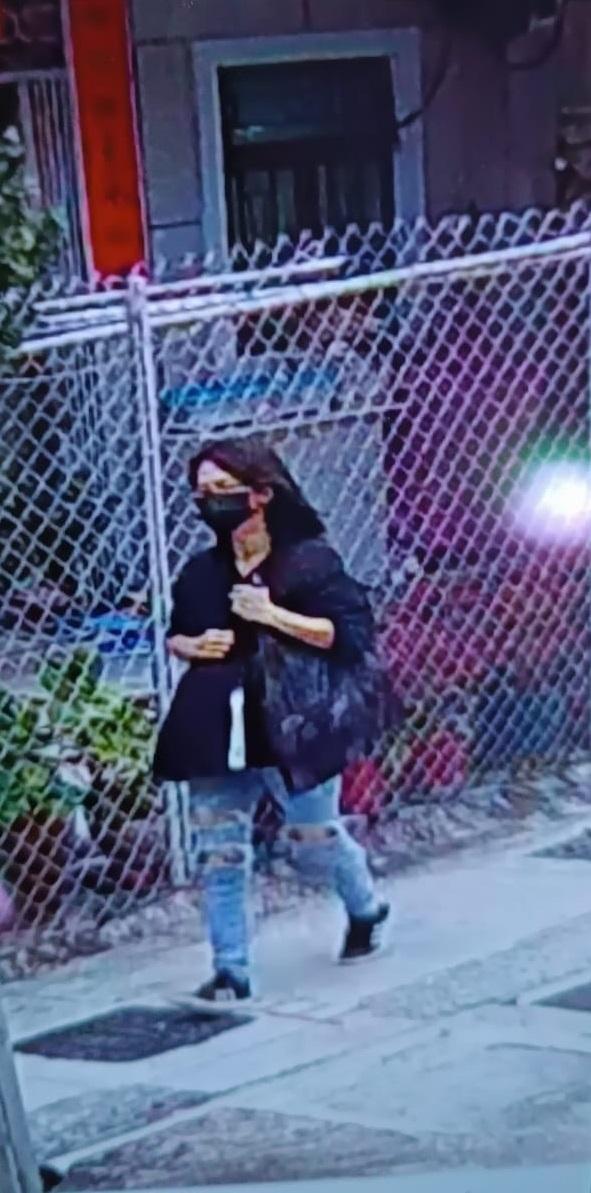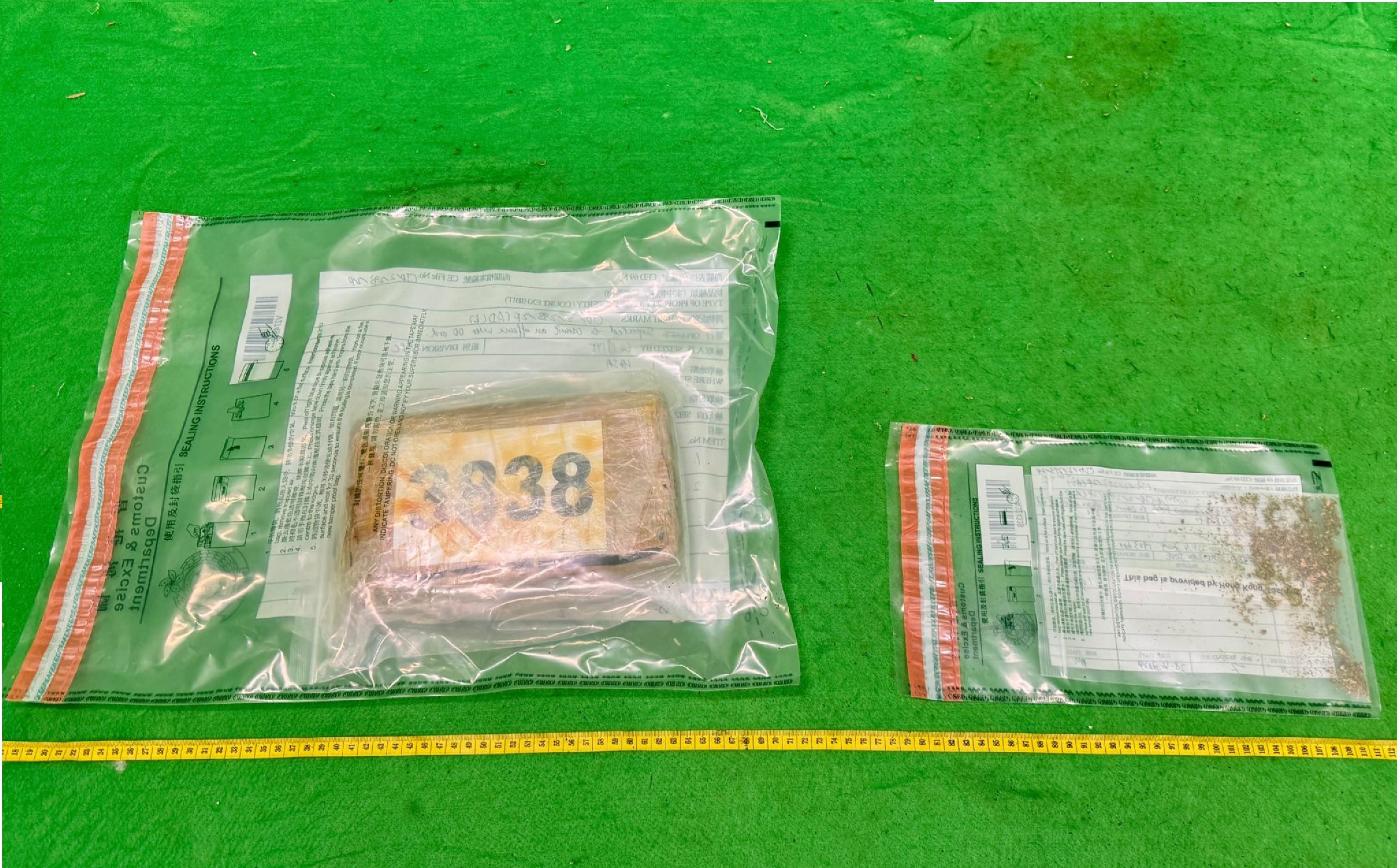The Health Bureau (HHB) stated today (April 25) that the Government attaches great importance to citizens' health and agreed that the quota of the dental General Public sessions has dropped significantly in 2022/23 due to the COVID-19 epidemic and the manpower shortage as pointed out in the Report No. 82 of the Director of Audit released by the Audit Commission yesterday (April 24). The HHB, the Department of Health (DH) and the Hospital Authority thanked the Audit Commission for the recommendations made in the Report regarding emergency dental services and elderly dental care support, and would study them thoroughly in order to enhance local dental services in an effective manner.
A spokesman for the HHB said that the Government had established the Working Group on Oral Health and Dental Care at the end of 2022 to comprehensively review the dental care services provided or subsidised by the Government. The Working Group suggested in its interim report released at the end of last year that the Government should develop primary dental services for citizens and assist citizens in managing their own oral health to put prevention, early identification, and timely intervention of dental diseases into action. The Working Group also suggested the exploration of pursuing development of appropriate targeted dental services for underprivileged groups it defined (persons with financial difficulties, persons with disabilities or special needs, and high risk groups). The ultimate goal is to enhance the overall level of citizens' oral health through retention of natural teeth.
The Government shared the same view with the Working Group and is now strenuously planning a series of measures to enhance the dental services, including the collaboration with non-governmental organisations (NGOs) to strengthen in next year the emergency dental services targeting the underprivileged groups with financial difficulties through expansion of service capacity, service points and service scope, thus promoting early identification and timely intervention of dental diseases. The target is to provide dental General Public sessions with additional service capacity which will be at least two times more than the current capacity. The HHB is finalising the programme details and will make announcement in due course.
Furthermore, the HHB is implementing a series of measures to enhance the dental care services for different age groups and target groups, including the Primary Dental Co-Care Pilot Scheme for Adolescents for adolescents aged 13 to 17 years old to be launched next year, and within this year the strengthening of special care dental services for people with disabilities or special needs currently provided by the DH, and enhancement to the Elderly Dental Assistance Programme funded by the Community Care Fund.
To ensure the availability of sufficient dental professionals to dovetail with the enhancement of dental services, the HHB has introduced the Dentists Registration (Amendment) Bill 2024 (the Bill) into the Legislative Council (LegCo) earlier this month to comprehensively amend the legislative framework that has been in place since 1959. The Bill proposes to create new pathways for admitting qualified non-locally trained dentists to practise in Hong Kong, and introduce an internship and a period of assessment to enrich the clinical experience of local dental graduates and non-locally trained dentists. In addition, the Bill updates the regulatory framework for dental hygienists and dental therapists to tie in with the Government's policy direction of promoting oral health and dental care.
In particular, the introduction of an internship for local dental graduates through legislation is by no means a newly deliberated add-on requirement. As a matter of fact, the Dental Council of Hong Kong (DCHK) conducted accreditation exercises on the Bachelor of Dental Surgery (BDS) programme of the University of Hong Kong (HKU) on several occasions, during which it had already repeatedly highlighted the need for enhancing the training of clinical skills and enriching the clinical experience of local BDS students. Through introducing the internship arrangement, the Government has addressed the views raised by the DCHK and the dental profession over the years on further enhancing the clinical skills and professional standards of dentists in order to better safeguard patients' safety. The DCHK, the DH and the HKU Faculty of Dentistry are planning the implementation details of the internship programme, under which local dental graduates will be arranged to work in various postings in the public sector or NGOs, including School Dental Care Service, dental clinics and General Public sessions under the DH, oral maxillofacial surgery and dental services in public hospitals, as well as NGO dental clinics serving the underprivileged. This will enable local dental graduates to gain first-hand experience in real-life work settings, learn how to handle patients with various clinical conditions who are not previously screened by the school, and co-operate with other dentists and professionals in performing tasks. Such first-hand experience cannot be emulated by the simulation of dental procedures in school settings, and will substantially better prepare newcomers for their future practice.
In all, the Bill will help boost the supply of dental manpower in Hong Kong to support public and subsidised dental services, and enhance the overall standards of dental professionals to better protect users of dental services. The Government will render full support to the LegCo in the scrutiny of the Bill to secure its early passage with a view to enabling Hong Kong citizens to enjoy dental services of a higher quality.


